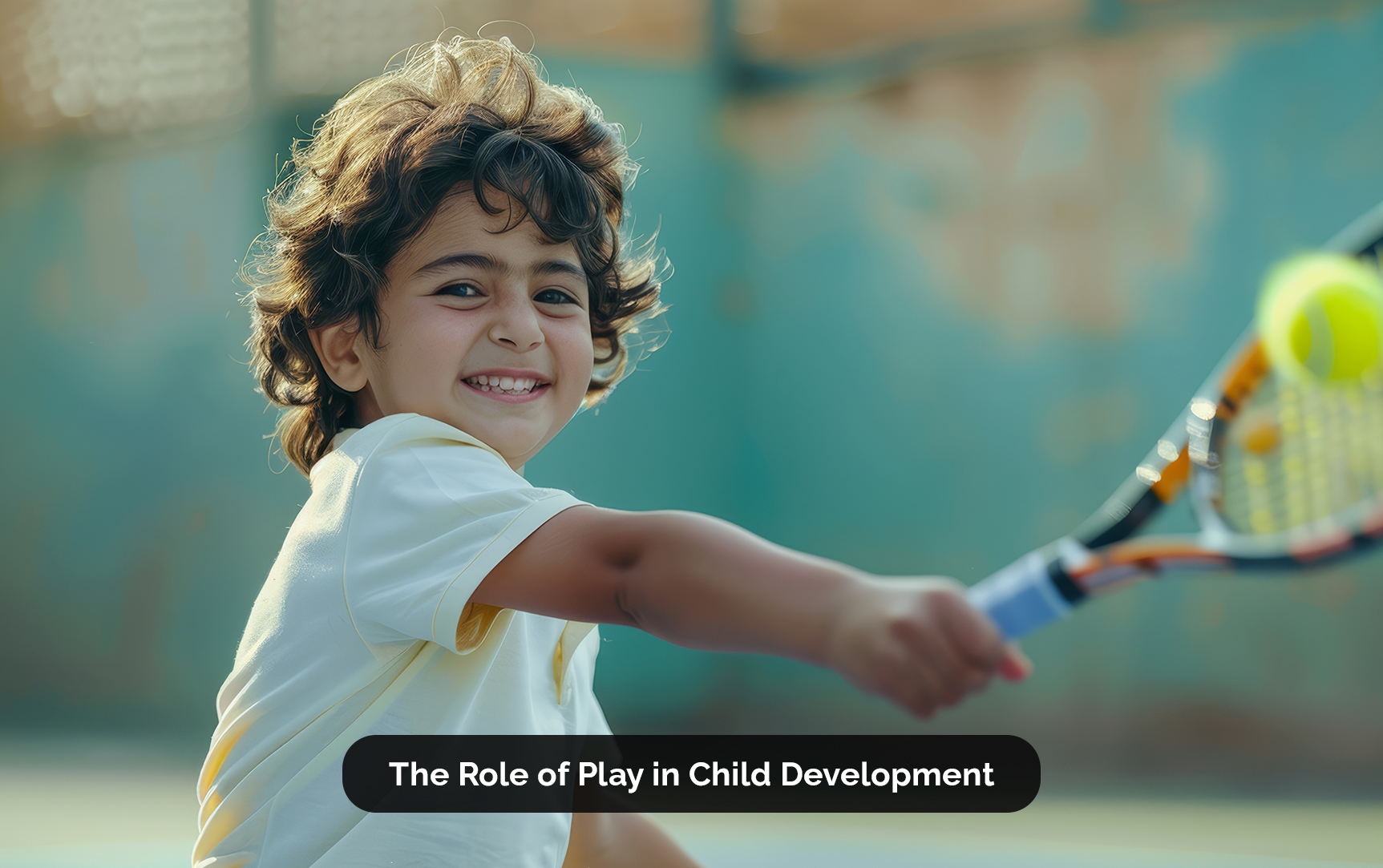

Playing is a natural and enjoyable way for children to keep active, stay well and be happy. Freely chosen play helps children and young people’s healthy development. To have good physical and mental health and to learn life skills, they need various unstructured play opportunities from birth until they’re teenagers.
Play is a vehicle for learning and social development. Play allows children to make connections between the physical world and abstract concepts. Playful learning experiences function as a modality for children to learn, practice, and master skills.
Play improves the cognitive, physical, social, and emotional well-being of children and young people. Through play, children learn about the world and themselves. They also learn skills they need for study, work and relationships such as: confidence.
Ashiana, Ashiana Housing build homes. Homes surrounded by vast green spaces and fresh breeze. Homes cocooned in secured gated complexes. Homes where futures are forged and there are opportunities to grow. And Homes in environments brimming with healthy activity, trust and respect. At heart, we build communities with care.
Other posts by Ashiana
Join 1000+ of fellow readers. Get expert real estate knowledge straight to your inbox absolutely free. Just enter your email address below.